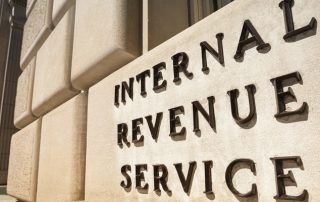Commercial Real Estate Trends 2024
In 2024, commercial real estate trends signal transformation. Opportunities surface in multifamily apartments, industrial properties, and digital infrastructure, yet U.S. regulators warn of financial stability risks tied to rising vacancy rates, declining office property values, and potential economic slowdowns.










